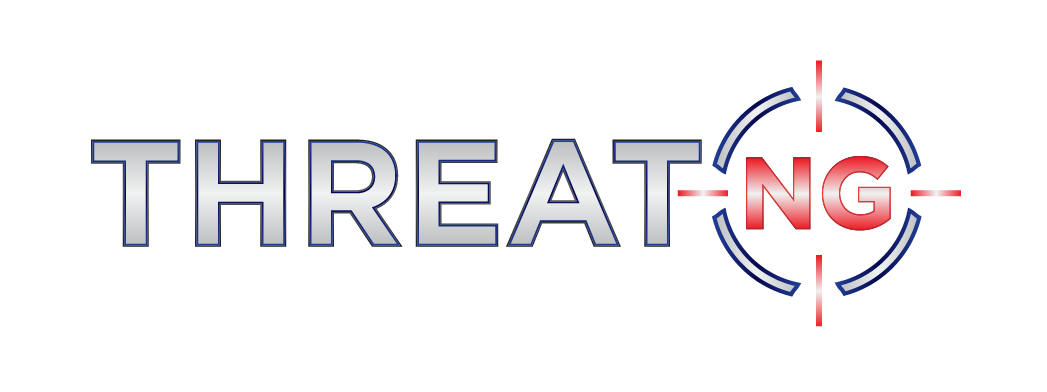
Endpoint Security
Security Ratings
BEC and Phishing Susceptibility Score
Web Application Hijack Susceptibility Score
Dark Web Presence Investigation Module
Domain Intelligence Investigation Module
Sentiment and Financials Investigation Module
In the context of security ratings, an "Endpoint Security" rating refers to an assessment or evaluation of the security measures implemented on individual endpoints within a network. It protects devices such as computers, laptops, mobile devices, and servers, considered endpoints, from various threats and vulnerabilities.
The Endpoint Security rating considers various factors related to endpoint protection, including implementing antivirus and anti-malware software, host-based firewalls, intrusion detection and prevention systems, data encryption, patch management, and user access controls. It also considers the organization's adherence to security policies, user awareness and training, and incident response capabilities specific to endpoints.
The Endpoint Security rating is an essential aspect of security ratings as endpoints are often targeted by attackers seeking access to a network or sensitive data. By evaluating the Endpoint Security rating, organizations can gain insights into the effectiveness of their endpoint security measures, identify potential vulnerabilities or weaknesses, and make informed decisions to enhance the security and resilience of their endpoints.
ThreatNG Security Ratings integrates intelligence substantiated with external attack surface management and digital risk protection capabilities addressing Endpoint Security ratings with enhanced fidelity and validity through its BEC & Phishing and Web Application Hijacking Susceptibility Scores in the following ways:
Domain Intelligence: By leveraging domain intelligence, the solution can gather comprehensive information about the endpoints associated with a domain. This includes historical data, ownership details, and infrastructure information. By considering this data, the solution can assess the reputation and potential vulnerabilities of the endpoints, providing a more accurate Endpoint Security rating.
Dark Web Presence: The solution can monitor the dark web for any mentions or activities related to the endpoints. This helps identify if the endpoints have been compromised or if there are any indications of malicious activities associated with them. Considering dark web presence, the Endpoint Security rating can reflect the potential risks of the endpoints' involvement in illicit activities.
Sentiment and Financials Discovery: Analyzing sentiment and financial data related to the endpoints can provide valuable insights into their overall reputation and trustworthiness. By assessing factors such as customer sentiment, financial stability, and business practices, the solution can gauge the endpoints' reliability and the likelihood of them being involved in security incidents or breaches. This information contributes to a more comprehensive Endpoint Security rating.
Deeper Inspection for Vulnerabilities: The solution can perform deeper inspections to identify specific vulnerabilities that may impact the endpoints' security. This includes assessing susceptibility to Web Application Hijacking, Business Email Compromise (BEC), Phishing Attacks, and other known attack vectors. Considering these factors, the solution can provide a more detailed and accurate assessment of the Endpoint Security rating.
By incorporating these intelligence sources and capabilities, the security ratings solution can provide a more comprehensive evaluation of the security posture and potential risks associated with the endpoints. This enhances the fidelity and validity of the Endpoint Security rating by considering various relevant factors that impact the overall security and trustworthiness of the endpoints.






